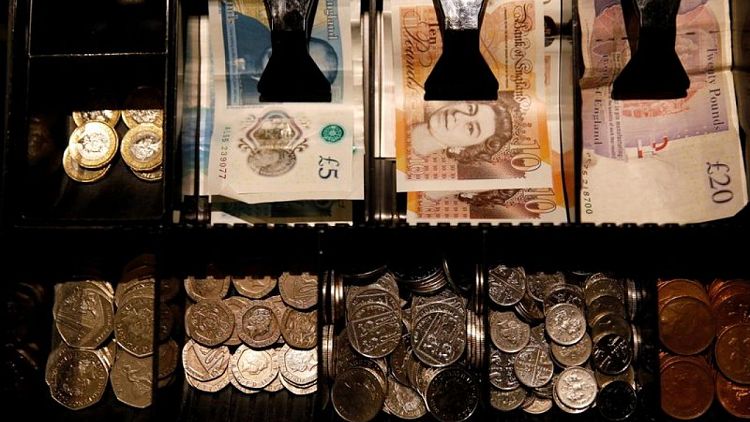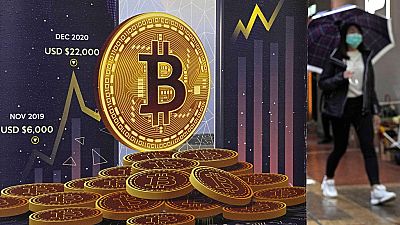By Joice Alves
LONDON -Sterling edged higher on Monday after Britain's new health minister, Sajid Javid, and Prime Minister Boris Johnson said they want all COVID-19 restrictions lifted as soon as possible.
Johnson said on Monday that Britain was on course to be able to lift most remaining COVID-19 restrictions on July 19.
Sterling was one of the worst-performing G-10 currencies last week after the Bank of England kept the size of its stimulus programme unchanged and said inflation would surpass 3%, but that the climb further above its 2% target would be only temporary.
On Monday, the pound was up 0.2% at $1.3892 versus the dollar at 1502 GMT, after climbing to $1.3938 in morning trade, but it was still on track for its worst month against the greenback since September.
Against the euro, sterling rose 0.1% to 85.88 pence, but was bracing for the worst quarter against the common currency in one year.
Javid was due to update lawmakers later on Monday on whether restrictions should be removed as indicated.
He has replaced Matt Hancock, who resigned on Saturday after admitting breaking COVID-19 guidance with an affair.
"As a former chancellor (finance minister) he (Javid) will be more sensitive to the costs suffered by the economy of lockdowns," said Jane Foley, head of FX Strategy at Rabobank.
Daily confirmed cases have been rising for a month in Britain but a rapid vaccination programme appears to have weakened the link between infections and deaths, with daily fatalities remaining about 20 or lower.
Neil Jones, head of FX sales at Mizuho Bank, attributed sterling's rise to seasonal fluctuations as "historically the price action" suggests a firm sterling into the end of month and quarter.
This month, sterling dropped for the first time since April below $1.38 against a strengthening dollar after the U.S. Federal Reserve surprised markets by signalling it would raise interest rates and end emergency bond-buying sooner than expected.
Investors will also be watching a dispute between Britain and the European Union over post-Brexit trade in the British province of Northern Ireland.
The current grace period waiving checks on British-made sausages and other chilled meats moving to Northern Ireland is due to end on Wednesday.



